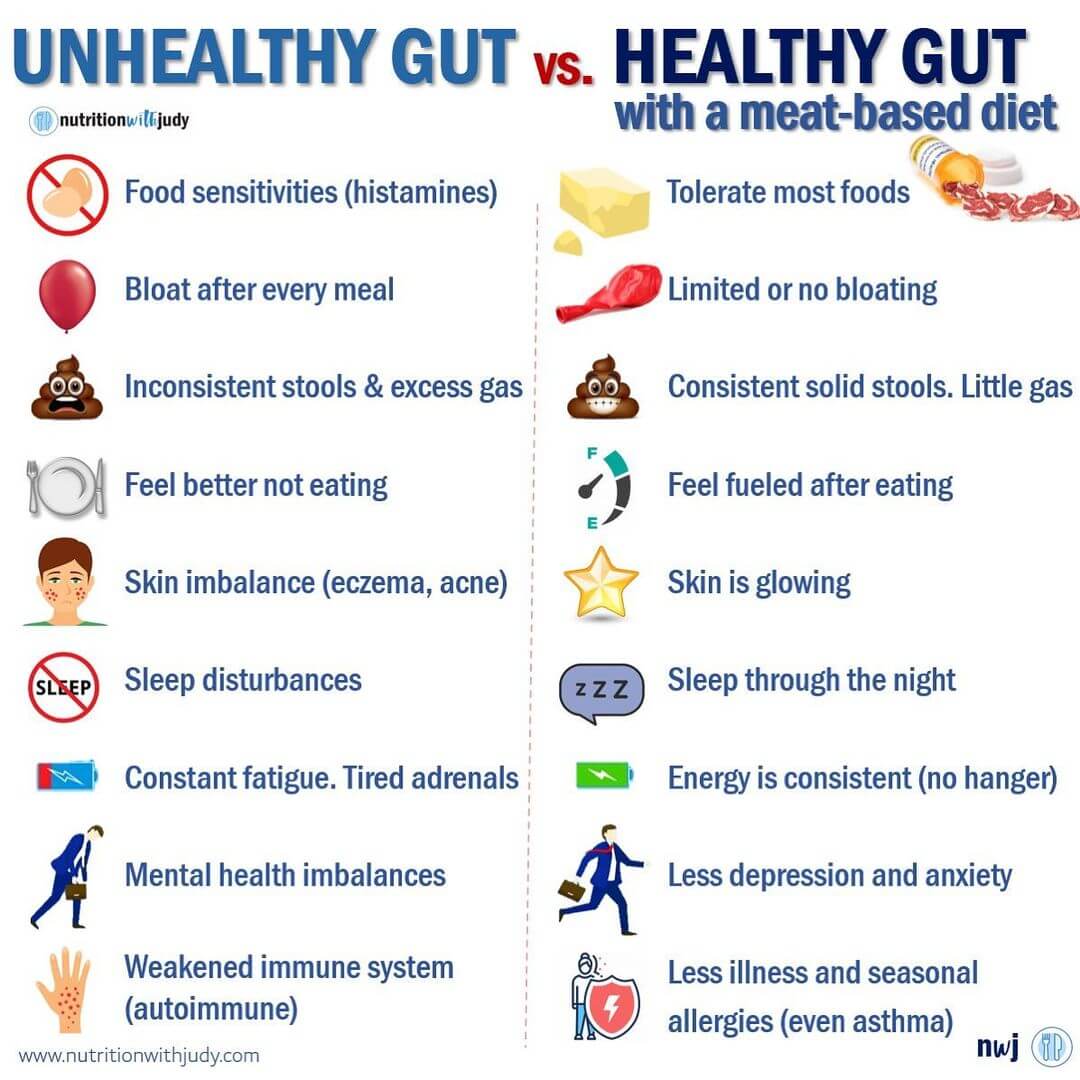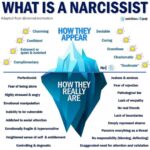

Microblog: Unhealthy Gut vs. Healthy Gut with a Meat-Based Diet


One of the things I dislike with all illness is that symptoms are pretty similar. This is why practitioners can easily misdiagnose a patient.
🔎Here are some clues to know if gut health is the root cause of your imbalances. The more symptoms you have, the higher likelihood you have some gut healing to do.
📊Another way to know is by taking my symptom burden test. It’s one of the tests I use to support my clients.
🥛FOOD SENSITIVITIES. This can look like a histamine response or digestive pain after a meal. This is different than a full IgG response.
🤰🏻BLOAT AFTER EVERY MEAL. Depending on the timing of the bloat, it may be related to your upper GI or your intestines.
💩INCONSISTENT STOOLS & EXCESS GAS. If you don’t have consistent brown, solid stools that sink to the bottom of the toilet, you have inconsistent stools.
🍽FEEL BETTER NOT EATING. If eating causes gut pain, then you may need some gut healing. Now, if you have worse energy after a meal, that may be related to blood sugar imbalance.
🦠SKIN IMBALANCES. The skin microbiome has just as many trillions of bacteria, fungi, viruses, and small microbes as the gut.
💤SLEEP DISTURBANCES. If you can’t sleep through the night on most days and you’ve ruled out blood sugar imbalances, you may have an unhealthy gut.
😴CONSTANT FATIGUE and imbalanced adrenal sufficiency. If you have more harmful gut bugs than good, it can cause imbalances that include fatigue.
🧠MENTAL HEALTH IMBALANCES. Your mood can suffer because of the lack of nutrients to make neurotransmitters. Imbalances in the gut flora can also affect your mood.
🧬WEAKENED IMMUNE SYSTEM. 70-80% of the immune system is in the small intestine. As the small intestine starts to have holes and gaps, you lose the ability to absorb nutrients and ward off invaders.



